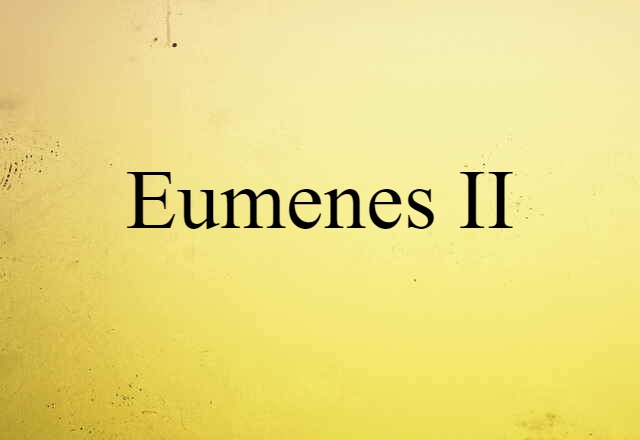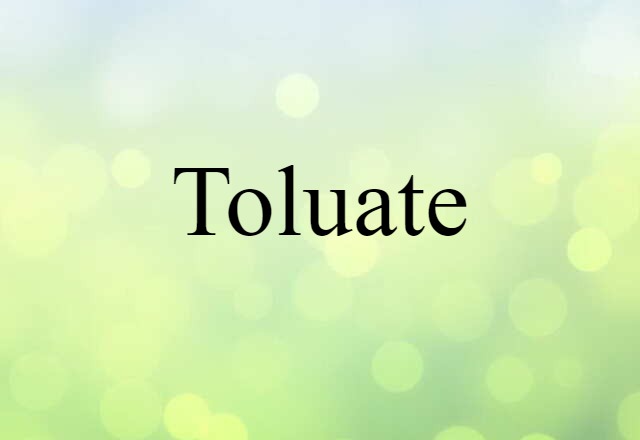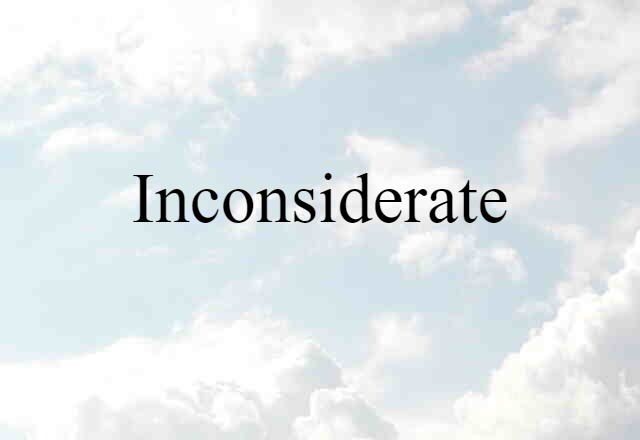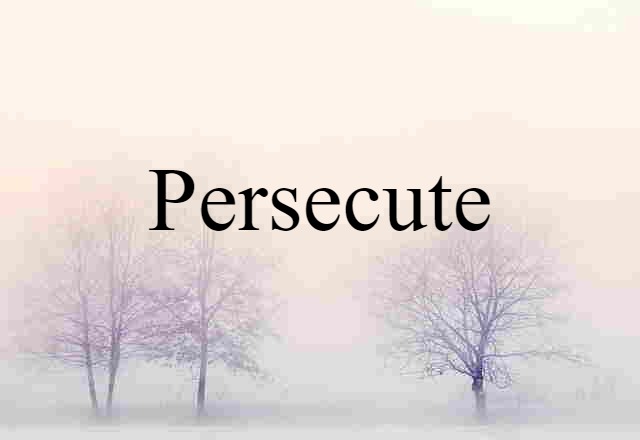- a republic in southern Africa: a former British colony and part of the Federation of Rhodesia and Nyasaland; gained independence 1980. 150,330 sq. mi. (389,362 sq. km). Capital: Harare.
- the site of stone ruins (Great Zimbabwe ) discovered c1870 in Rhodesia, probably built by a Bantu people, consisting of three main groups of ruins, and dating between the 9th and 15th centuries a.d.
- a country in SE Africa, formerly a self-governing British colony founded in 1890 by the British South Africa Company, which administered the country until a self-governing colony was established in 1923; joined with Northern Rhodesia (now Zambia) and Nyasaland (now Malawi) as the Federation of Rhodesia and Nyasaland from 1953 to 1963; made a unilateral declaration of independence (UDI) under the leadership of Ian Smith in 1965 on the basis of White minority rule; proclaimed a republic in 1970; in 1976 the principle of Black majority rule was accepted and in 1978 a transitional government was set up; gained independence under Robert Mugabe in 1980; effectively a one-party state since 1987; a member of the Commonwealth until 2003, when it withdrew as a result of conflict with other members. Official language: English. Religion: Christian majority. Currency: Zimbabwe dollar. Capital: Harare. Pop: 13 182 908 (2013 est). Area: 390 624 sq km (150 820 sq miles)
- a ruined fortified settlement in Zimbabwe, which at its height, in the 15th century, was probably the capital of an empire covering SE Africa
















